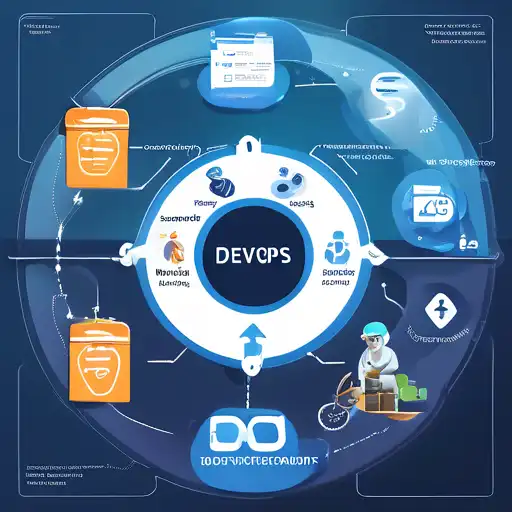Introduction to DevOps in Software Development
DevOps has revolutionized the way software is developed, deployed, and maintained. By bridging the gap between development and operations teams, DevOps practices ensure a smoother, more efficient software development lifecycle (SDLC). This article explores the multifaceted benefits of DevOps and how it enhances the SDLC.
Continuous Integration and Continuous Deployment (CI/CD)
One of the cornerstone practices of DevOps is the implementation of Continuous Integration and Continuous Deployment (CI/CD). This approach automates the integration of code changes from multiple contributors into a single software project, allowing for frequent and reliable code releases. By automating the deployment process, teams can reduce manual errors and accelerate the delivery of new features to users.
Improved Collaboration Between Teams
DevOps fosters a culture of collaboration between developers, operations staff, and other stakeholders. This collaborative environment helps in identifying and resolving issues faster, leading to a more efficient development process. Tools like ChatOps further enhance communication by integrating conversation-driven development into the workflow.
Enhanced Quality and Reliability
With practices like automated testing and monitoring, DevOps ensures that the software is of high quality and reliability. Automated tests run as part of the CI/CD pipeline catch bugs early in the development cycle, reducing the cost and time required for fixes. Monitoring tools provide real-time feedback on application performance, enabling proactive issue resolution.
Scalability and Flexibility
DevOps practices support scalability and flexibility in software development. Infrastructure as Code (IaC) allows teams to manage and provision infrastructure through code, making it easier to scale resources up or down based on demand. This flexibility is crucial for businesses looking to grow or adapt to changing market conditions.
Conclusion
DevOps significantly improves the software development lifecycle by promoting efficiency, collaboration, and quality. By adopting DevOps practices, organizations can achieve faster time-to-market, higher customer satisfaction, and a competitive edge in the digital landscape. For more insights into optimizing your development process, explore our guide on Agile methodologies.
